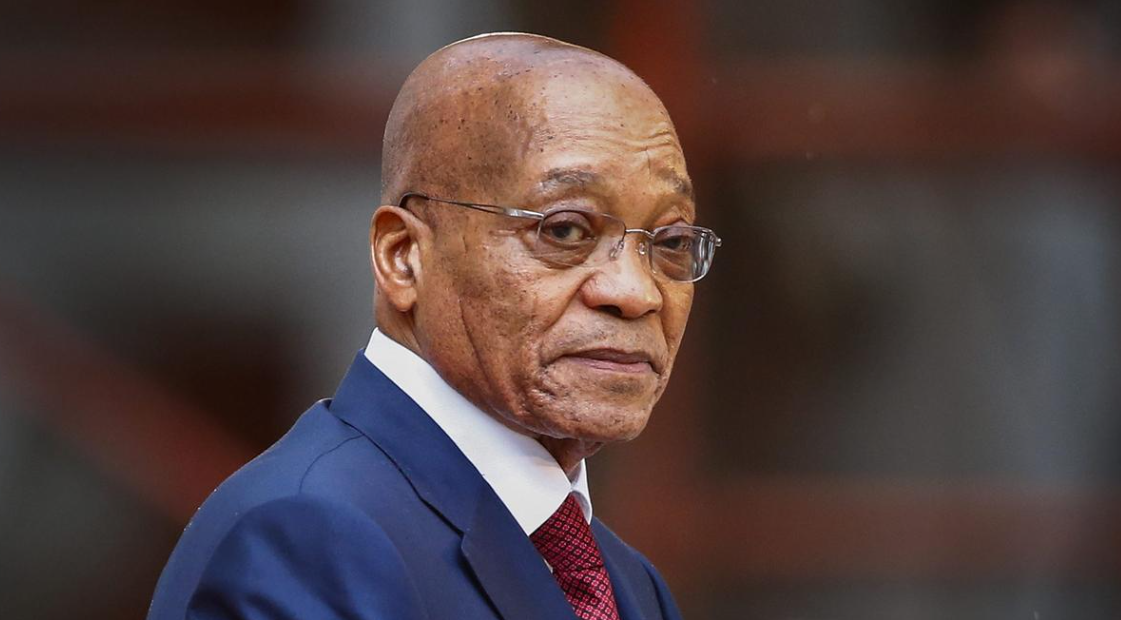Jacob Zuma Dealt Major Setback as South African : Because of his prior criminal conviction, former South African president Jacob Zuma will not be able to run in the next national election. In the days leading up to a pivotal vote, this ruling by the highest court in the land is sure to inflame political tensions.
In a ruling handed down by the Constitutional Court, the highest court in South Africa responsible for interpreting the country’s constitution, it was determined that Zuma, who is now 82 years old, is disqualified from running for office due to a constitutional provision that prohibits those with prison sentences of more than 12 months without the option of a fine. In 2021, the same court sentenced Zuma to 15 months in prison for contempt for declining to testify in a judicial investigation into government corruption.
With the inability to appeal the decision that sent him to prison, the question of whether this sentence barred Zuma from taking part in next Wednesday’s election emerged. The South African elections watchdog, the Independent Electoral Committee, first disqualified Zuma. His successful appeal to the Electoral Court hinged on their argument that the disqualification did not apply to him because he had no recourse to appeal the contempt finding. This turn of events could significantly alter the political landscape of South Africa.
Following Monday’s verdict by the Constitutional Court, Zuma will be unable to seek reelection to parliament for five years after his sentence ends.
From 2009 until his resignation in 2018 under the cloud of corruption accusations, Zuma served as president of South Africa, a period marked by both significant economic growth and widespread allegations of corruption. Last year, he returned to politics with a different party and has since been an outspoken opponent of his former employer, the ANC, a party he was once a prominent member of and that has been in power since the end of apartheid.
After 30 years in power following apartheid’s end, the African National Congress (ANC) is facing what promises to be its most difficult election to date. This might be the first time the party loses the majority, a scenario that could lead to a national coalition administration and potentially significant shifts in South African politics.
With his support in some parts of the 62 million-strong nation, Zuma’s new MK Party, a political party he formed after leaving the ANC, is likely to steal votes from the ANC. This possible change in voter loyalty is noteworthy since Zuma was about to make a contentious comeback to Parliament six years after the ANC deposed him as president due to extensive accusations of corruption during his presidency.
On top of being disqualified, Zuma is now facing many corruption accusations, including allegations of accepting bribes and misusing public funds, and is expected to face trial in April of next year. To these accusations, he has entered a not guilty plea.
This new turn of events further highlights the continual political unrest in South Africa and the difficulties the ANC is encountering in attempting to preserve its hold on power. The nation is getting ready for an election that could change everything, and Zuma’s new party and his influence have only made things more complicated.













